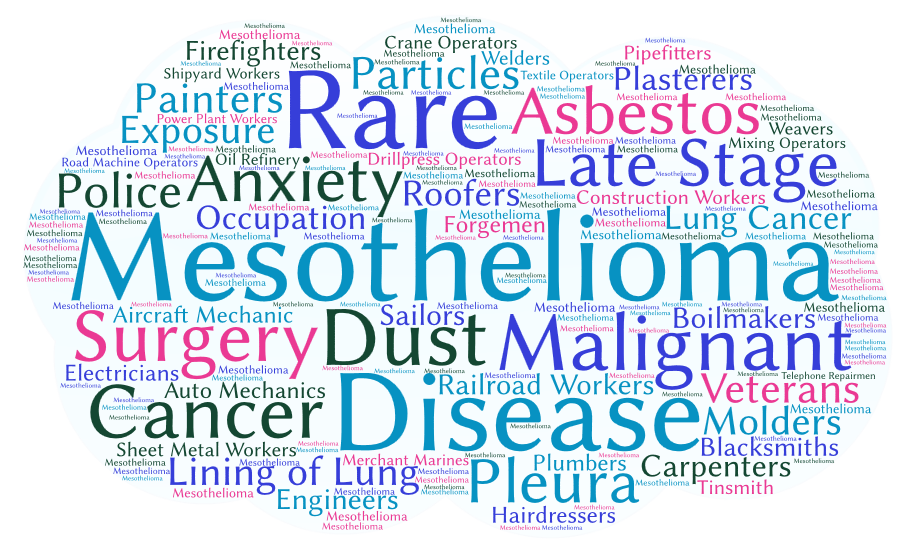Researchers at the University of Salento in Italy have discovered a platinum-based drug that has shown to be more effective in reducing the growth of the most aggressive type of mesothelioma cancer cells, sarcomatoid malignant pleural mesothelioma, than cisplatin, the drug which is currently most widely used.
The drug, Ptac2S was shown in the study by the Italian scientists to reduced the growth rate of sarcomatoid malignant pleural mesothelioma cells by up to 50 percent and decreased tumor mass by some 53 percent. This is in contrast to the 12 percent tumor mass reduction in lab mice treated with cisplatin.
Research has also shown that Ptac2S is 12 times more effective than cisplatin in reducing the growth of epithelioid cells. Epithelioid cells are common in 50% of cases which biphasic cells are common in 35% of cases and sarcomatoid cells are common in 15% of cases.
Lead researcher, Antonella Muscella, wrote: “Results confirm that Ptac2S is a promising therapeutic agent for malignant mesothelioma, giving a substantial starting point for its further validation”.
Malignant mesothelioma is currently treated with a combination of surgery, radiation therapy, and chemotherapy with cisplatin and pemetrexed (Alimta) as the main drugs. However, only 50% of mesothelioma patients survive more than one year after being treated. Furthermore, chemotheraphy drugs usually only work for a period of time as patients often develop resistance to the drugs.
Ptac25 works with the DNA differently to cisplatin so cancer cells are less likely to grow tolerant to the drug. Muscella notes: “Unlike cisplatin, which has genomic (formation of DNA adducts) and nongenomic activities, Ptac2S reacts poorly with nucleobases and has characteristic reactivity with sulphur ligands, indicating that cell targets could be protein amino acid residues. This can make it inherently less capable of evoking chemo resistance.”
In addition, Ptac25 has less side-effects than cisplatin which works by grabbing hold of the fastest growing cancer cells and stopping them from replicating. The problem comes when cisplatin attacks healthy cells and damages nerves and organs such as the kidneys.
Ptac2S seems to be less toxic compared to cisplatin. Muscella writes: “Mice displayed a significant decrease of tumour mass for each experimental time considered in the Ptac2S groups compared with both control and cisplatin-treated mice. In addition, during observation time, no health problems were observed and the overall behaviour was similar to that of the control animals.”
According to Muscella, early clinical research suggests that Ptac2S is a step in the right direction to finding a more tolerable alternative to current mesothelioma chemotherapy treatments than cisplatin. “We conclude by pointing out that Ptac2S is effective in pleural mesothelioma and that these new acquisitions enhance the knowledge of the anti-tumour activity of this compound. […] It appears facilitated the ability to translate this information into clinical practice, in order to improve the response to chemotherapy of resistant tumours.”
The post
Spread of sarcomatoid malignant pleural mesothelioma reduced by platinum-based drug appeared first on
The Leader Fitness.





